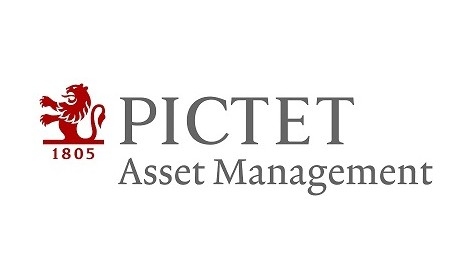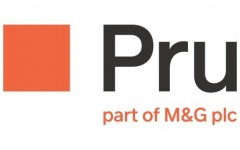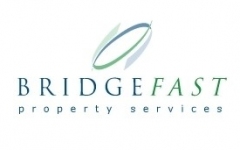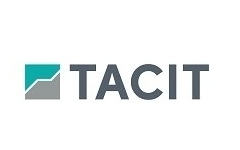The Treasury Select Committee has launched an inquiry into how financial services will operate after the Brexit transition period ends, with a focus on the regulatory framework and how it is funded.
This could be a very important development for advisers seeking to shift the debate on regulation and secure reform of the FSCS although it will be important to demonstrate how any change is clearly in the consumer interest.
(I am not sure IFAs have got the arguments honed as yet).
The FCA has proposed changes in the way it charges new firms for authorisation which could see the cost increase by 70 per cent.
The Schroders' annual survey of IFAs suggests that 74 per cent of advisers are embracing ESG in fund selection. New Model Adviser suggests this is a sea change up from 43 per cent the previous year. It is certainly significant.
Money Marketing devotes its cover story to ESG investing – a shift which is being embraced by some advisers though with others less enthusiastic to say the least.
There are some very interesting comments from advisers and experts though the article also contains an unattributed comment to say that ESG will be as important as risk-profiling and lead IFAs into regulatory trouble. Not sure about that.
In an accompanying article, MM editor Justin Cash expresses his disappointment that in the ESG debate, there has not been more discussion about the advice process.
PIMFA has put its weight behind supporting whistleblowers as it renews its call to reform costs for the advice sector.
The High Court has ruled that trustees of DB pension schemes which provided Guaranteed Minimum Pensions (GMPs) should revisit and, where necessary, top-up historic cash equivalent transfer values (CETVs) that were calculated on an unequalised basis. The affected member has to approach the scheme as Pensions Age reports.
I have seen an interesting discussion on the likelihood of claims management firms pursuing such claims. But why not advisers?
The ABI has called for a fundamental overhaul of advice and guidance while raising concerns that most consumers want one-off advice not the ongoing advice on offer currently. The Press Association reports with coverage in a lot of regional papers.
Not a lot of detail in the story but ideas for low cost advice channels usually run into regulatory issues once liability is discussed. The big emphasis on guidance is one to watch, I think.




















